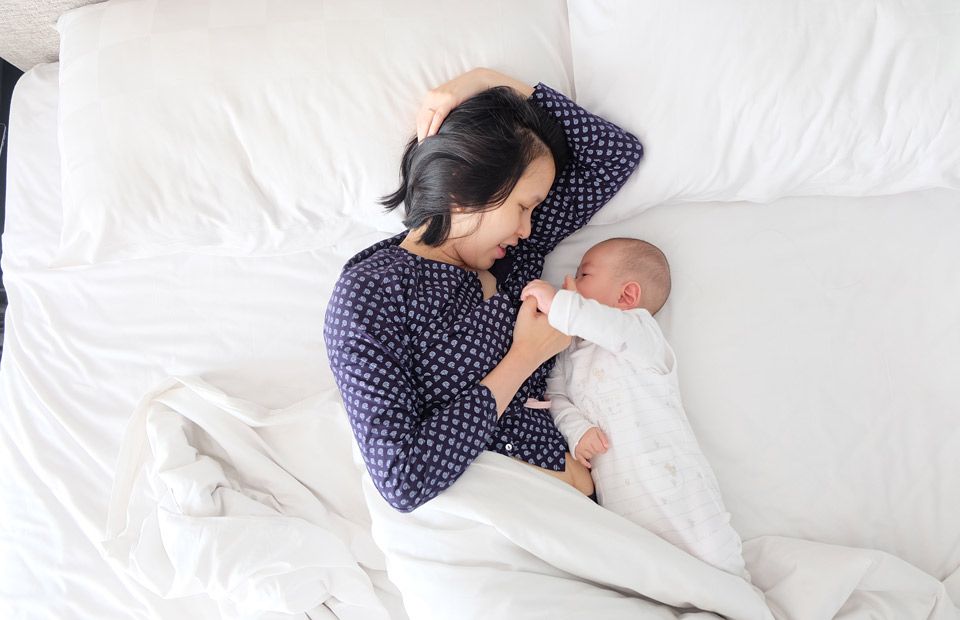The One Thing You Need More of in 2015
Our jobs are robbing us of sleep. Here's what we can do about it.
You May Also Like

Work + Life Balance
My Mom Quit Her Career to Raise Me—And Re-Entered the Workforce 13 Years Later
And in this interview, I asked her all about it.

Work + Life Balance
Is It Important to Be Likeable? How to Avoid Likeability Traps at Work
Is being liked at work really that important? Here's why we think the answer might be "not really."

Work + Life Balance
Sick Day Email Templates for Every Scenario
You're sick, so copy and paste these sick day email templates and get back to bed.

Work + Life Balance
How to Prepare for Time Off Work
Is it (finally) time for vacation? Answer: yes. Here's how I prepared for time off work to make sure my team remained successful.

Work + Life Balance
What is a Career? 5 Things Your Job Shouldn't Be
Your job and your career are important, but it's not everything. Here are five things your career should not be in your life—and what your career absolutely can be.

Work + Life Balance
How to Heal After Leaving a Toxic Job
Just because you quit your toxic job does not mean that it's all over. Here's how to reflect and heal from a toxic work situation.

Work + Life Balance
Work Smarter Not Harder: 7 Ways to Embrace Slow Work
We're all told to hustle all the time—to the point of burnout. Here's our case for slow work and why working smarter doesn't always mean working harder.

Work + Life Balance
How to Become a Morning Person (11 Tricks to Try Today)
Stay away from that snooze button. Try these tricks to become the morning person you always wanted to be!

Work + Life Balance
Use the Prioritization Matrix to Organize Your To-Dos + Prioritization Matrix Template
What is the prioritization matrix and how does it work? Here's how to hack into this way to get things done by order of importance using the Six Sigma + Eisenhower matrices.

